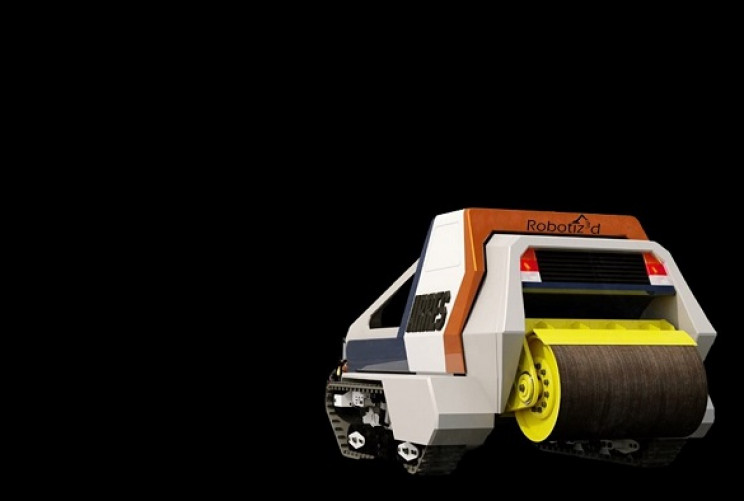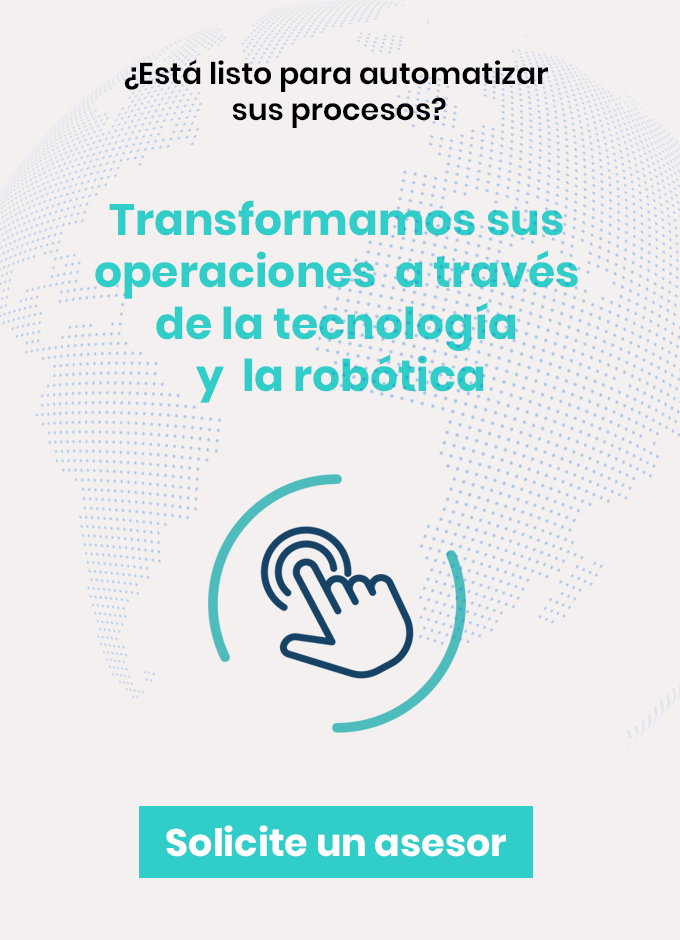Robots with Artificial Intelligence Will Repair Potholes for a Fraction of Human Cost

Robots with Artificial Intelligence Will Repair Potholes for a Fraction of Human Cost
The University of Liverpool in the United Kingdom has funded a company called Robotiz3D in an attempt to transform road maintenance using artificial intelligence (AI).
Established in partnership with A2e Ltd, the company is poised to commercialize the University’s Engineering Robotics Laboratory’s patented research, focused on using artificial intelligence and robotics to enhance the detection and repair of potholes and cracks in roads.
“Robotiz3d Ltd will develop an Artificial Intelligence (AI)-driven robotic system to address national and international pothole issues,” explains Dr. Paolo Paoletti, CTO of Robotiz3d.
A Future of Autonomous Road Maintenance
Currently, potholes and cracks on roads, a significant issue in the UK and indeed worldwide, are typically detected and repaired using human labor. According to a press release from the University of Liverpool, in fact, it has been estimated that this labor cost more than a billion pounds (£1.3 billion approximately) over the last decade.
Addressing the pothole crisis
The new robot concept developed by Robotiz3d, called ARRES (Autonomous Road Repair System), utilizes technology that has been tested by researchers at the University of Liverpool’s School of Engineering for the past four years.
Ultimately, the company’s technology aims to address the pothole crisis in a way that is less costly to the economy and the environment, as well as being faster and safer than current methods employed by human workers.
As Dr. Sebastiano Fichers, Technical Director of Robotiz3d, puts it, “the new technology we are developing will make road maintenance tasks faster, cheaper, and cleaner, and ultimately make roads safer and more accessible.”
All of this is in line with the recent forecast from the World Economic Forum that machines will perform half of all labor tasks by 2025, a development that may improve our quality of life while exacerbating inequality worldwide.



